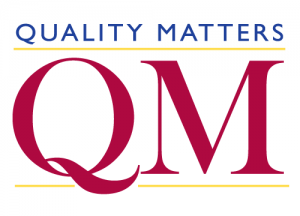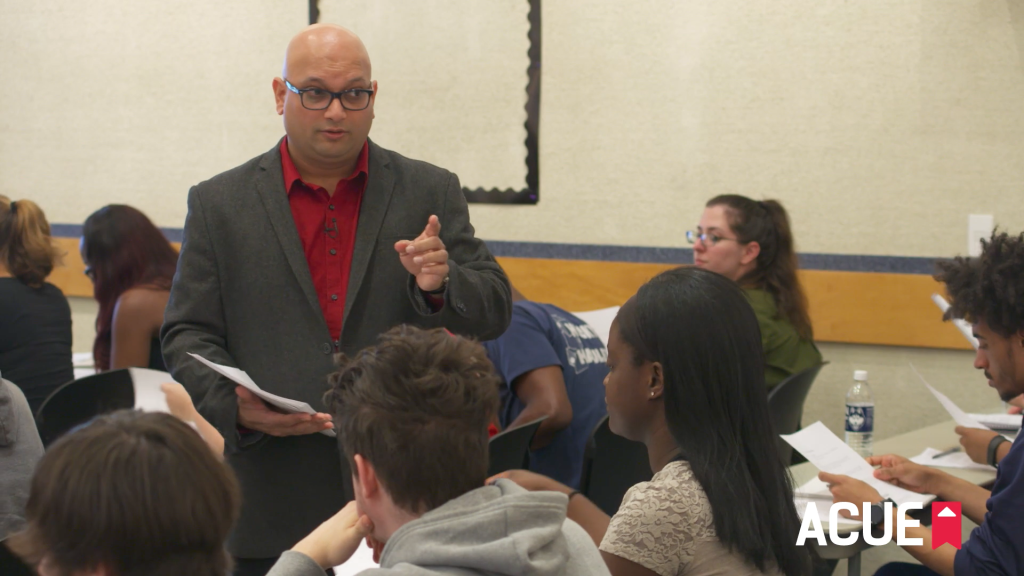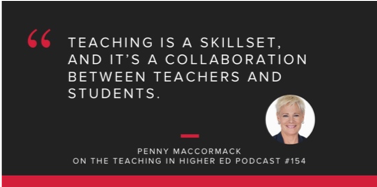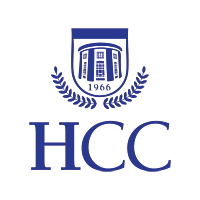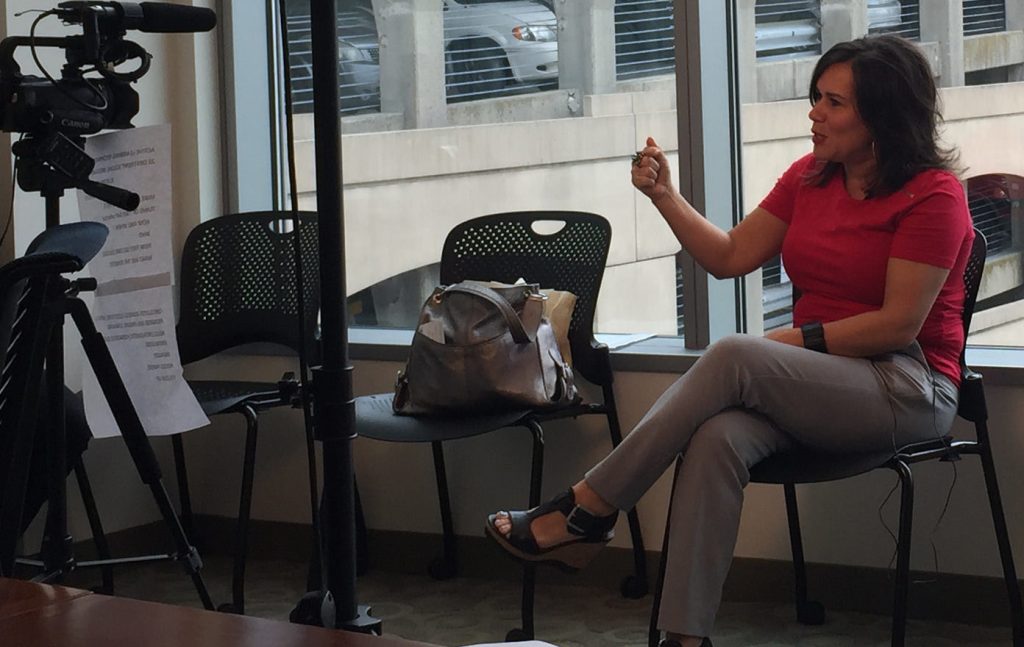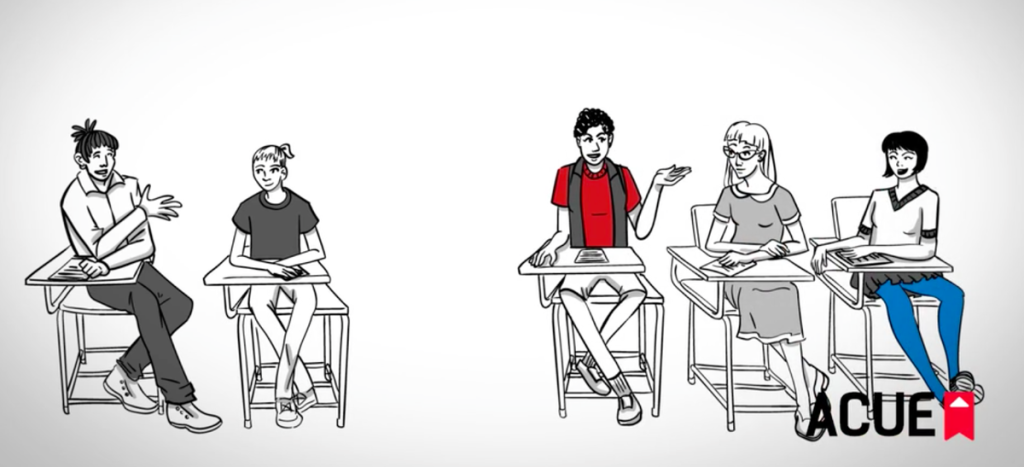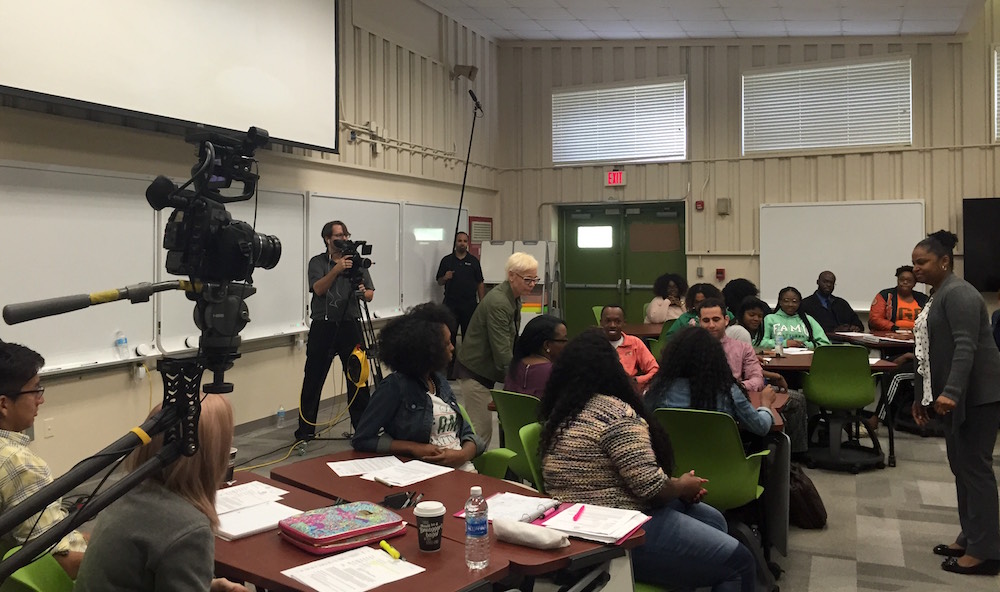
Teaching Lessons From the Road with Penny MacCormack and Bonni Stachowiak
Dr. Penny MacCormack has been everywhere. From Los Angeles to Indianapolis to New York to Miami, she has traveled the country observing classrooms and speaking with subject matter experts through her role as ACUE’s chief academic officer.
Dr. MacCormack discussed her travels last month for the podcast Teaching in Higher Ed with host Bonni Stachowiak. Recounting what she and her team learned as they built ACUE’s Course in Effective Teaching Practices, Dr. MacCormack highlighted just some of the campuses, faculty, and experts she encountered along the way.
Here’s a recap of the episode:
At the University of Arizona, Dr. John Pollard and several faculty colleagues have spearheaded the Collaborative Learning Space Project, which is transforming traditional classrooms and library spaces into learning environments suited for classes centered on active learning approaches. Dr. Pollard is a featured expert in two modules, including Using Active Learning Techniques in Large Classes, in which one of his students shares how the class has affected her learning: “I’m awake in this class, because I’m engaged with everything we’re doing.”
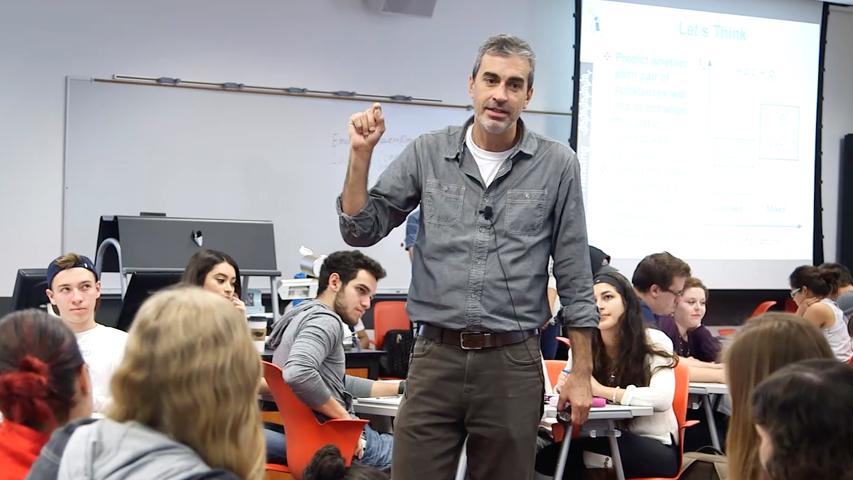
John Pollard, associate professor of Practice, Chemistry and Biochemistry at the University of Arizona, has helped transform traditional classrooms into active learning environments
In Indianapolis, Butler University’s Tara Lineweaver showcased a technique she calls the “Fishbowl Discussion,” which she used to launch discussions and increase student participation in her class. Dr. Lineweaver attributed a culture of accountability, created in part from Fishbowl Discussions, to the fact that all of her students regularly come to class prepared and having done the assigned reading. “They don’t want to let their peers down,” Dr. MacCormack explained.
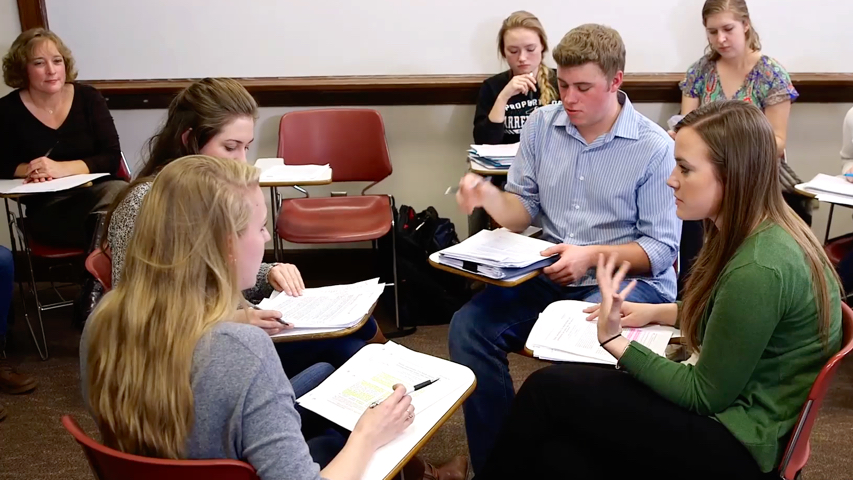
Butler University’s Tara Lineweaver, left, looks on as students participate in a “fishbowl” discussion
In New York City, Goucher College President Dr. José Bowen spoke about the power of a growth mindset. When students believe they can learn, he said, they will actually become smarter. “The belief that you can learn is the most powerful tool on the planet,” Dr. MacCormack said. Dr. Bowen’s expertise is featured in three course modules, including Engaging Underprepared Students and Embracing Diversity in Your Classroom.
At California State University, Los Angeles, Kristina Ruiz-Mesa emphasized that many her students feel challenged by learning and underscored how important it is to reassure students that this is a normal part of the learning process. “Struggle in learning is natural,” Dr. MacCormack said. “That’s how we achieve at those higher levels.”
